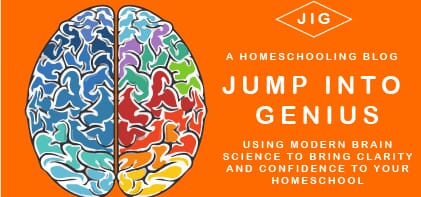According to experts, child development is the various processes and changes a child goes through from infancy until adolescence. These multiple changes are crucial to every child since it has a lifelong lasting effect on the child. Although genes have a role in a child’s identity, factors like environment can alter traits in a child.
During development, growth changes include intellectual changes, language skills, emotional and social developments. The most crucial stage for child development is from infancy to five years. Research has it that the interactions and social experience a child has comes from primary attachment to parents and secondary caregivers within and outside the family. This article throws light on some things parents should know concerning child development.
It’s a process
Many parents get worried when between infancy to age five, their child does not seem to be picking up fast in terms of the necessary changes that should occur. Although the first three years of a child’s life are critical, the window of development is not lost even after the third birthday. The brain is open to many changes within this period, so do not panic when there seems to be a delay but encourage the child to help bring about those changes. For example, studies show that girls’ brains at that age range develop faster than guys, which brings about the saying, ”girls mature faster than boys”.
The various milestones of child development
One thing parents must know is the various changes they need to look out for in their child. When you know these changes, you will be able to help the child in this process. Here are some changes to look out for in a child development process. Changes in intellectual skills help your child solve problems, learn, and think in daily interaction with people and the environment. Language and communication skills ensure the ability to transfer information using words and gestures. Emotional and social skills help to build a relationship, empathy, etc. In the physical and movement stage, the child should be showing signs of moving on their own (crawling, running, jumping, and walking) and getting things done using their limbs (hands and legs).
Be their present help
As the child grows, they are influenced by many factors that will go a long way to shape their way of thinking and behavior for the rest of their lives. Children can undergo stress in this development process, and they will need someone who will stand by them and help them get through it. Know that as a parent, the positive values and soft parenting you give to your child will help them chalk a lot of success as they grow up.
Another thing you should know is that children who have experienced adversity and forms of neglect may face impacts on brain development and may likely have problems with aggression. Although they can be helped through nurture and care, simply removing the child from a toxic environment may not reverse the damages. Ever heard of the adage, “it takes a village to raise a child”? Schools equally have a responsibility to raise a child. Every school should have certified counselors among other essential wellbeing professionals. If your child’s school is lacking in this regard, consider hosting a virtual school fundraiser to help finance the provision of adequate psychologists and school therapists.
